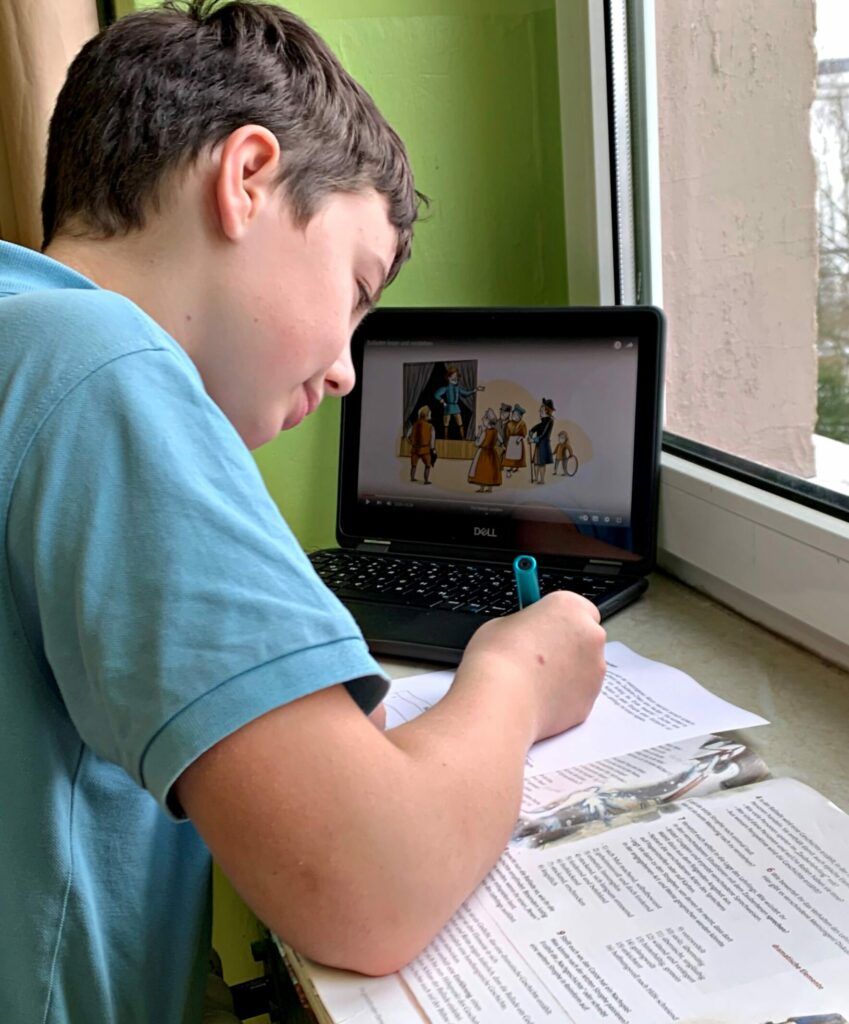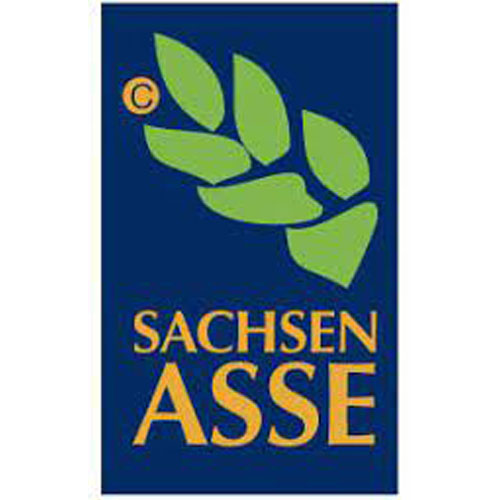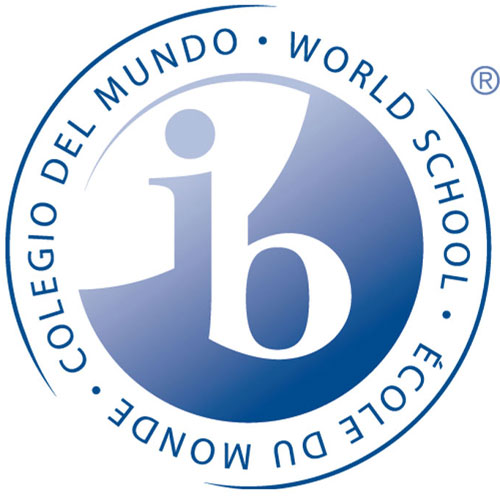"What do you actually do when you are alone at home?", with this question the German teacher had introduced the topic of ballads. With magic quizzes and role reversals, the students immersed themselves in the magical world of "The Sorcerer's Apprentice" by J.W. von Goethe. Linguistic-analytical as well as creative elements were incorporated.
After initial support by the teacher, e.g. with text analysis, the new learning method SOL . Worksheets and the textbook were provided, and the Internet was used occasionally for research.
Curious, the students stood up and looked at the materials presented. The choice was great, because a total of seven ballads were in front of them. A total of five were obligatory, each with compulsory and optional tasks to be solved in individual, partner or group work. Sometimes the printed colored pictures attracted, one decided according to the length of the ballad, others looked at which ballad the friends chose.
Four weeks were available for the topic. This meant that each student had to manage their time properly.
The tasks included a lot of different things: to open up the content, to independently acquire the characteristics and the structure of a ballad, creative and cross-curricular components were also included, such as from geography, history or art.
For "John Maynard," for example, the students had to research individual nautical terms, make a timeline, and draw the location of the shipwreck. Or the students found out whether the tailor of Ulm really existed.
The learners were also confronted with exam-like tasks, e.g. they had to take on the role of the "Boy in the Moor" by Annette von Droste-Hülshoff, recreate the path through the moor themselves and write down an inner monologue.
In the end, one challenge was for the students to perform their chosen ballad in a sophisticated and effective manner, while also using vocal and emotional accents in their performance.
Overall, 7a came to positive conclusions: "I had no time pressure or stress.", "Picking out the ballads myself is great, it keeps you motivated longer, you can work at your own pace, it was relaxing.", "Group work is fun, you can tell each other the solutions sometimes, but sometimes the group is distracting, I can't concentrate as well.", "With SOL I can see how far I can get without help. It helps me learn, I become more independent."
My conclusion as a teacher: The SOL includes task-differentiated learning in order to also do justice to the different work pace and performance structure of the students. Group work is more intensive in terms of volume than individual and partner work. Individual students also enjoyed working, for example, at a standing desk or at a raised window sill. Overall, the change of workplaces was good for the learning atmosphere.
The solution sheets that were handed out were only used hastily by individual students for copying, so in order to also prevent the superficial way of working, I will have the tasks shown to me first.
Prerequisites for smaller classes are that work strategies, structures, a good binder order must be in place, only then is a successful SOL possible.
Steffi Neubert - subject teacher German 7a







Phone: +49 (0) 37296 931976
Fax: +49 (0)37296 931977
ion@saxony-international-school.de
International Secondary School
Niederwürschnitz
Schulweg 2
09399 Niederwürschnitz